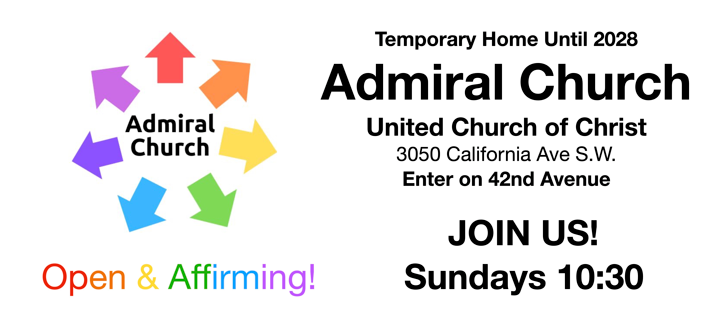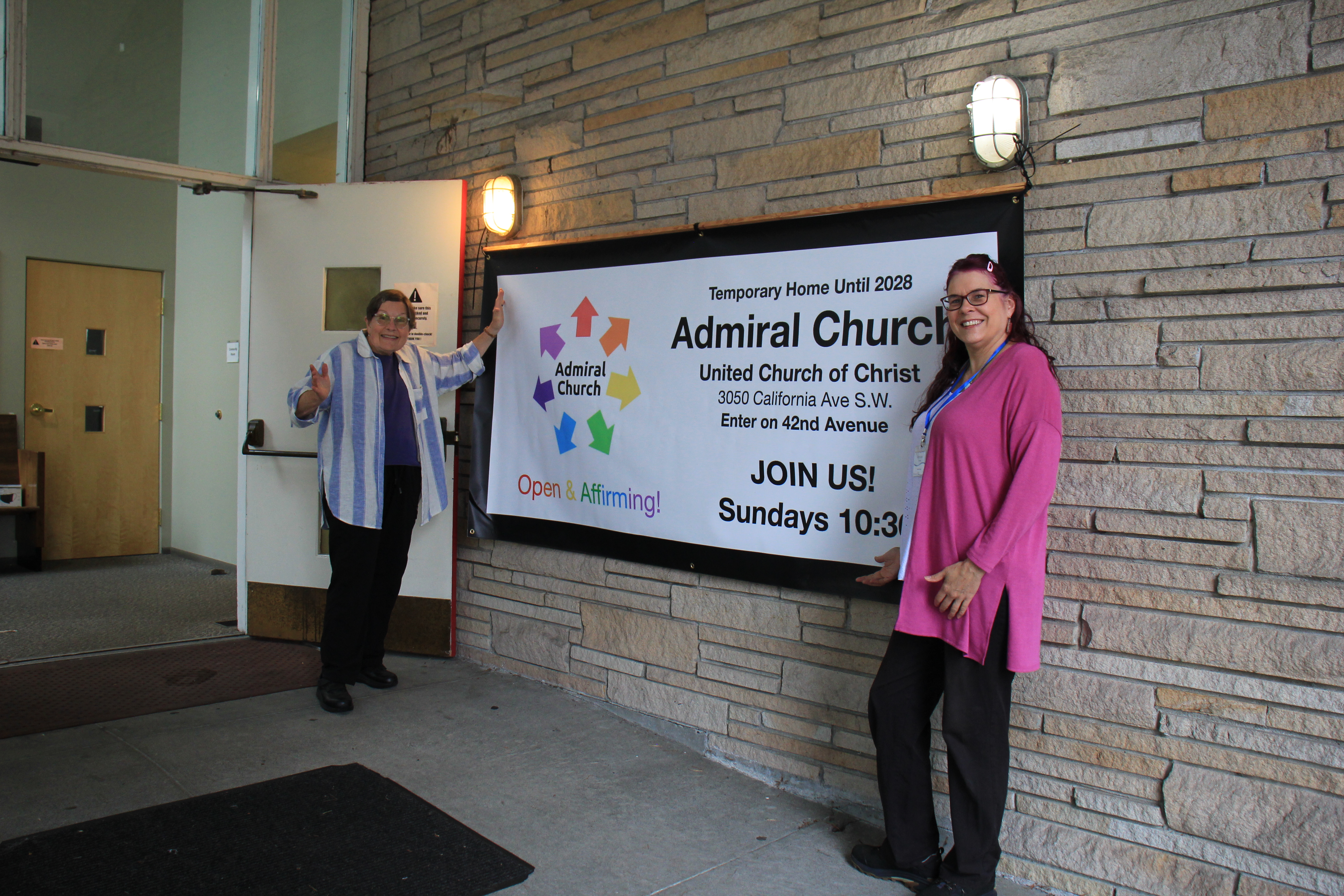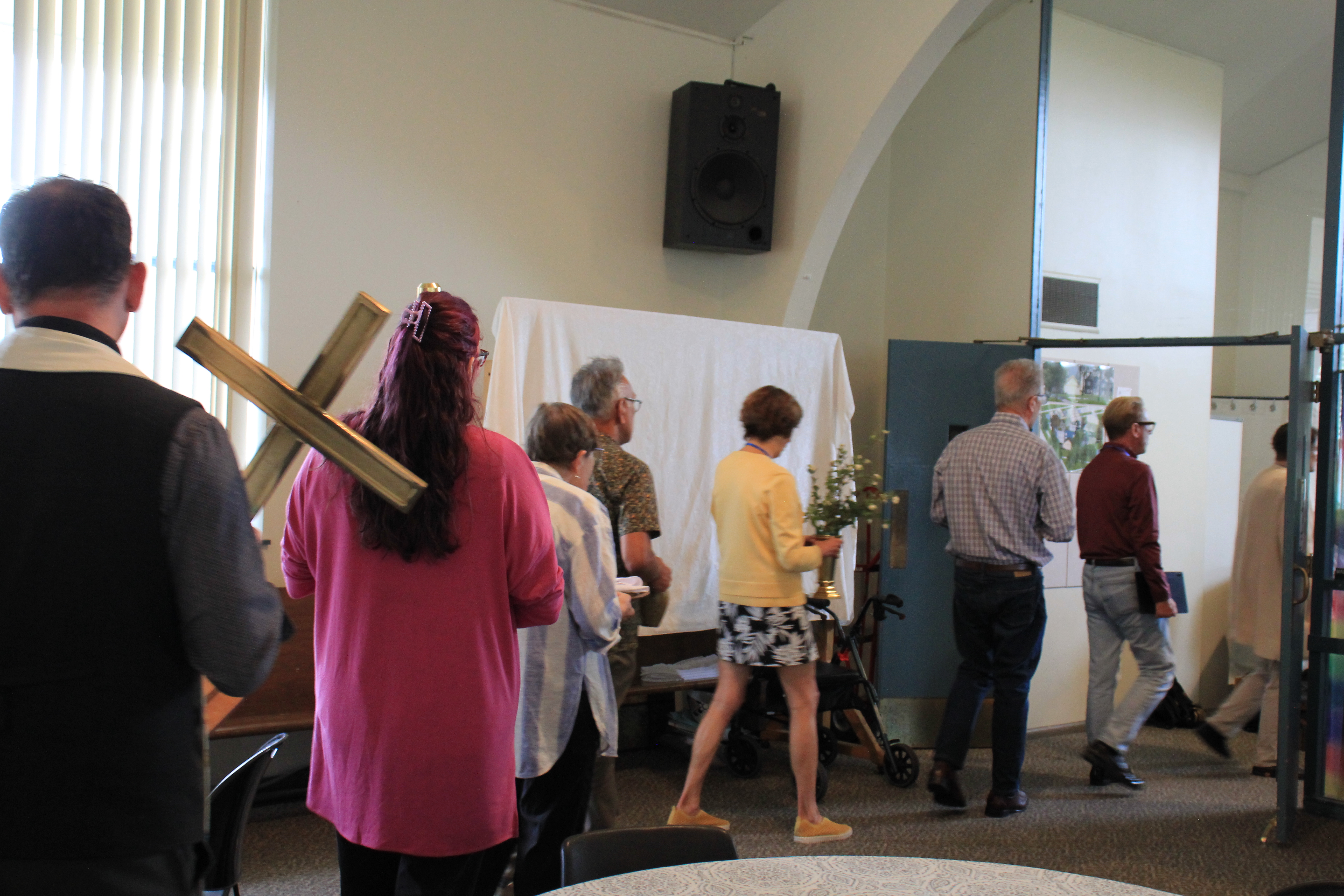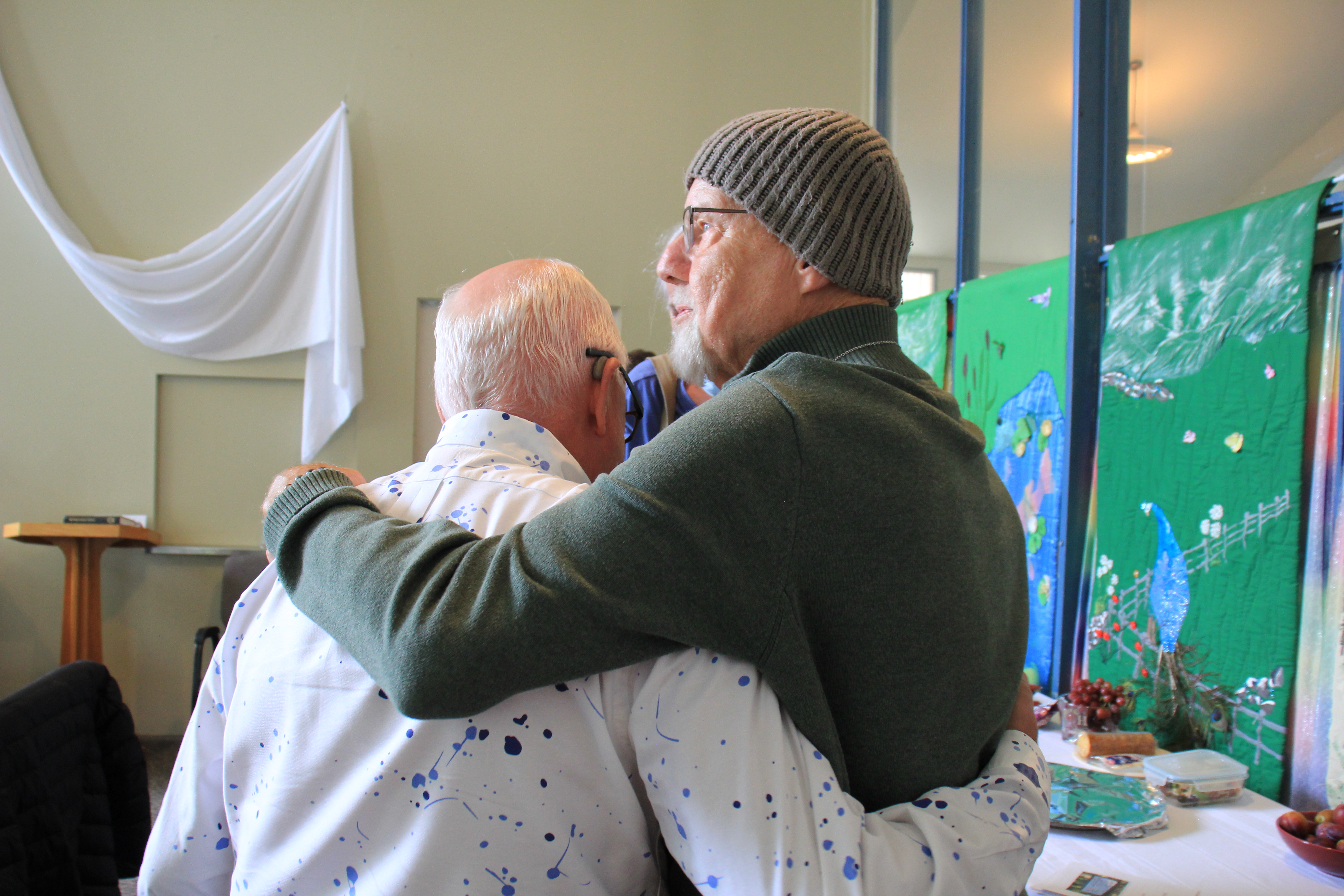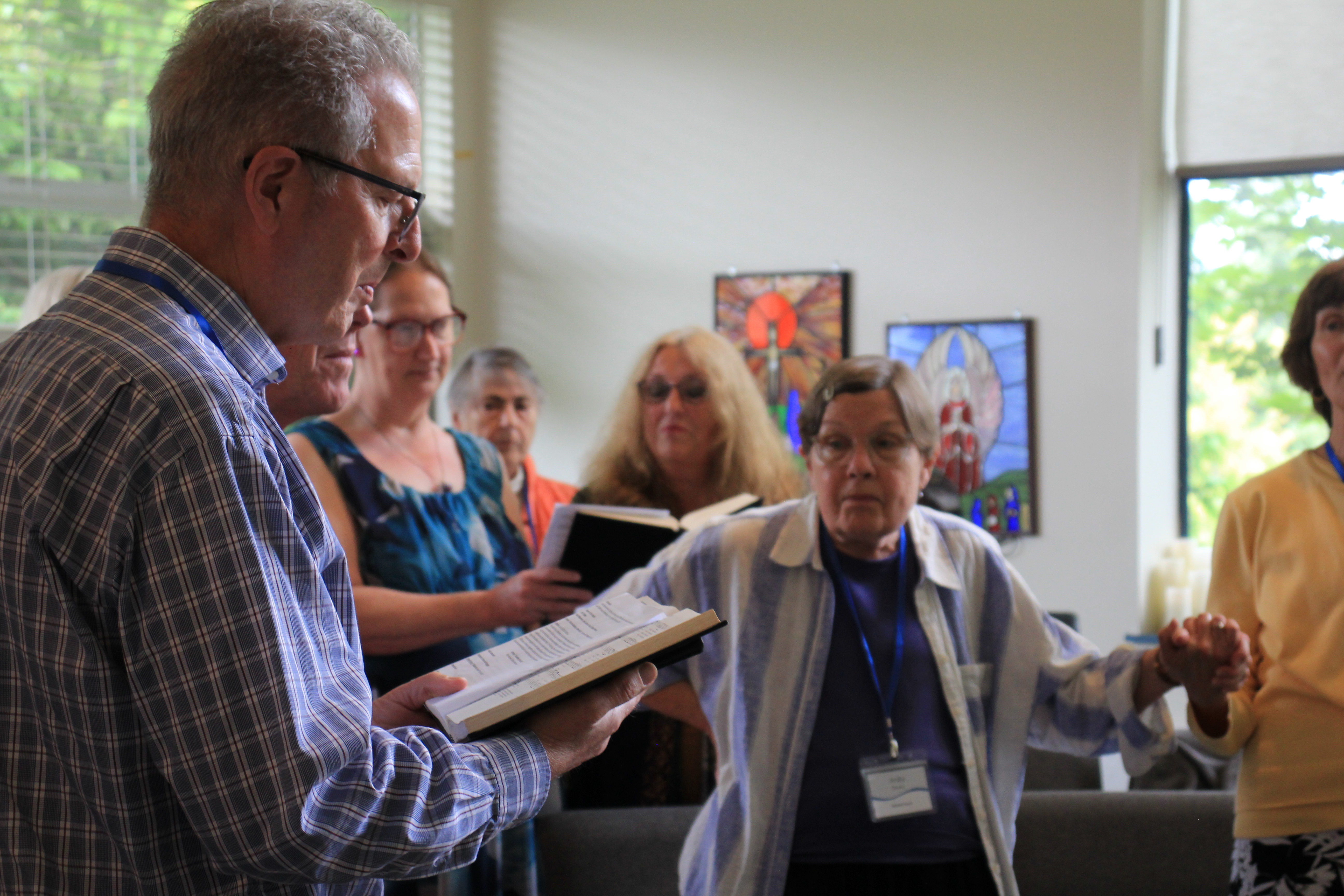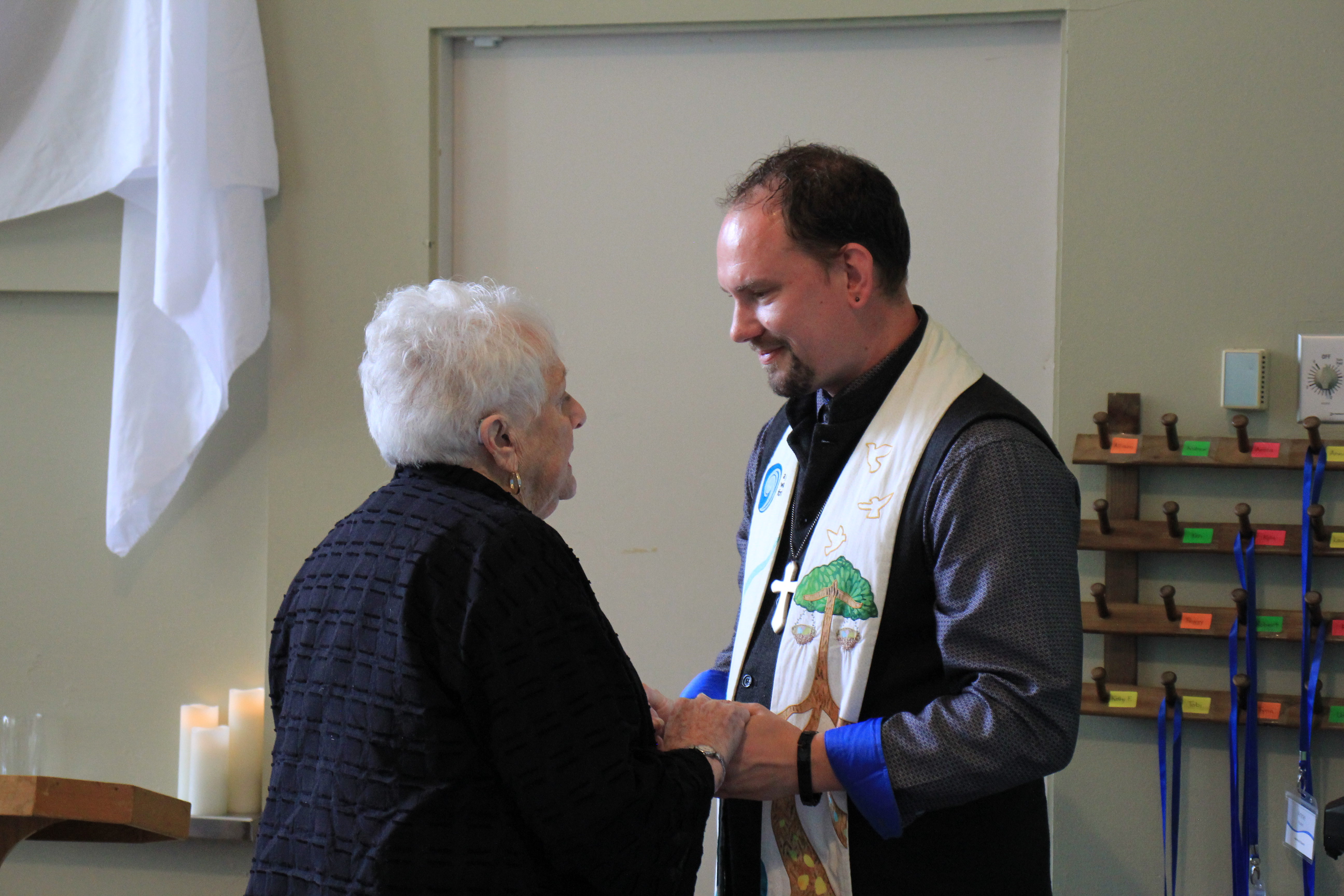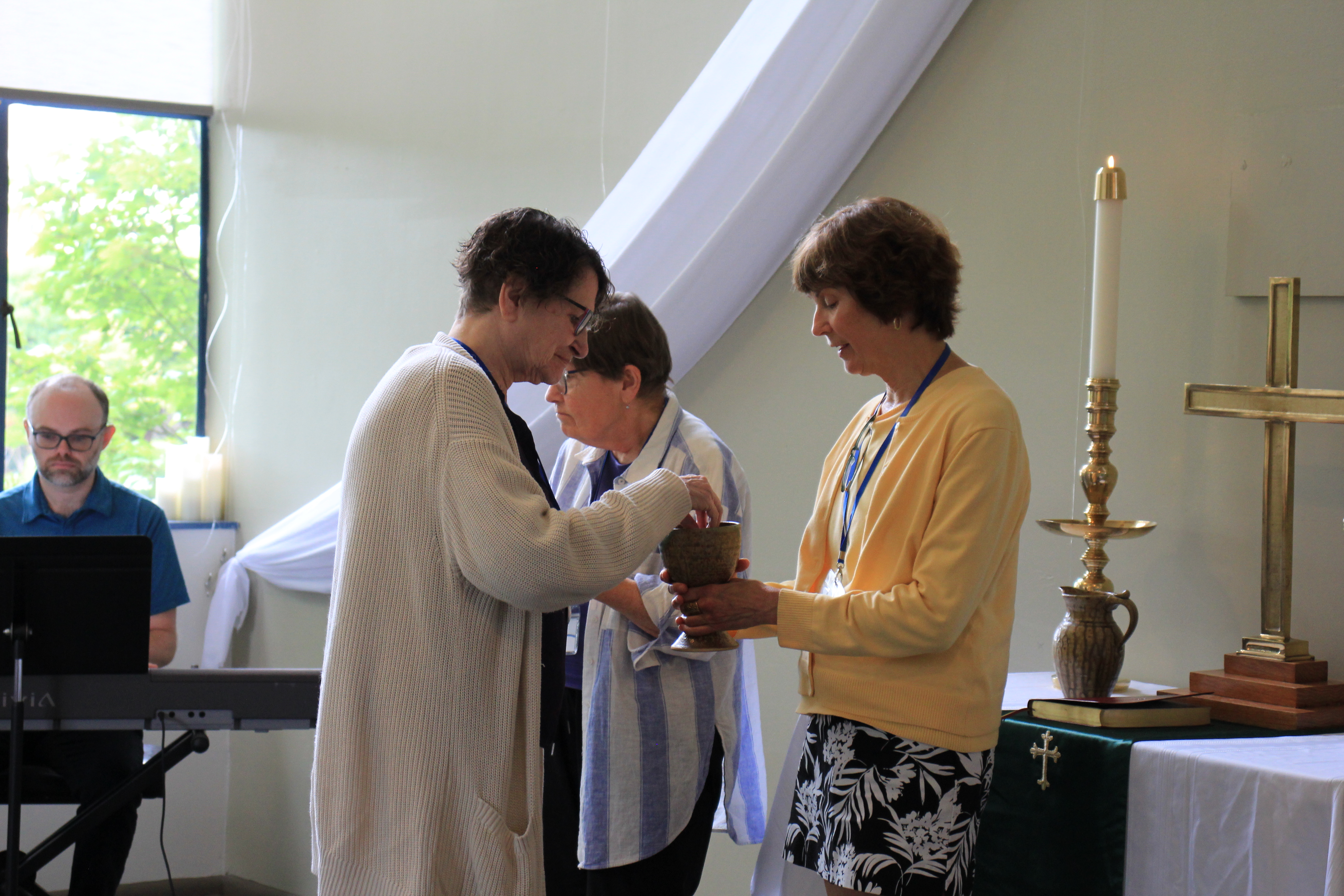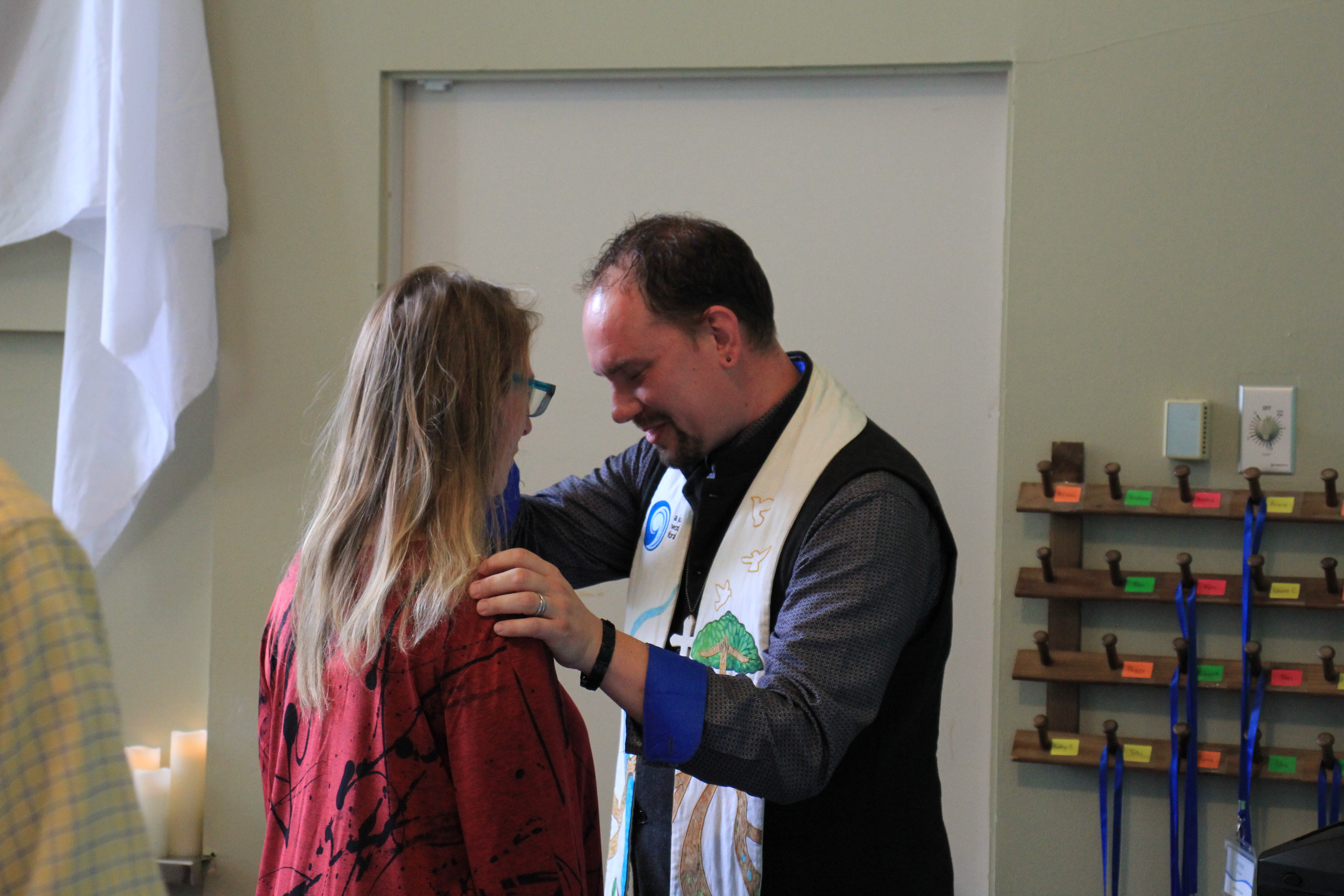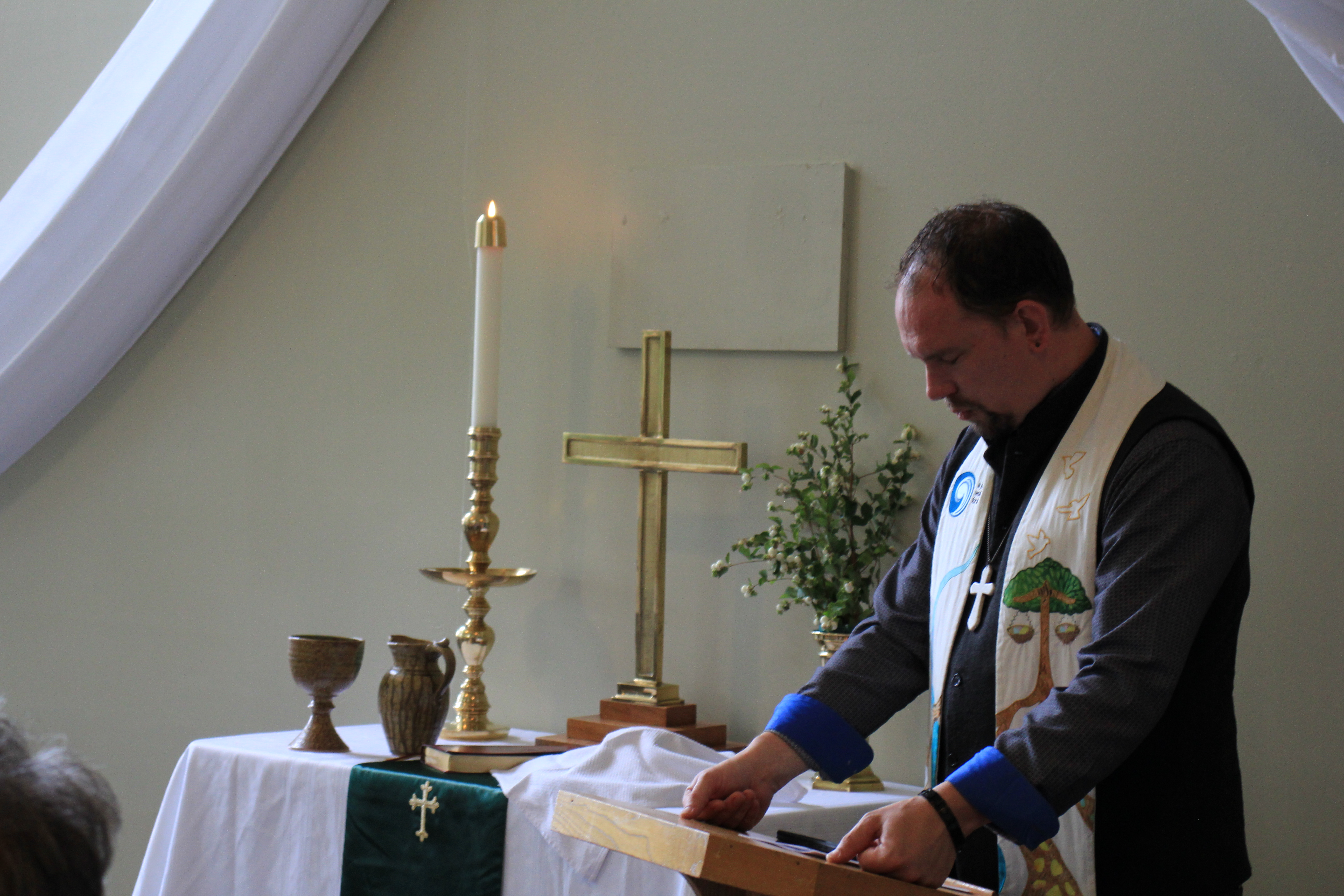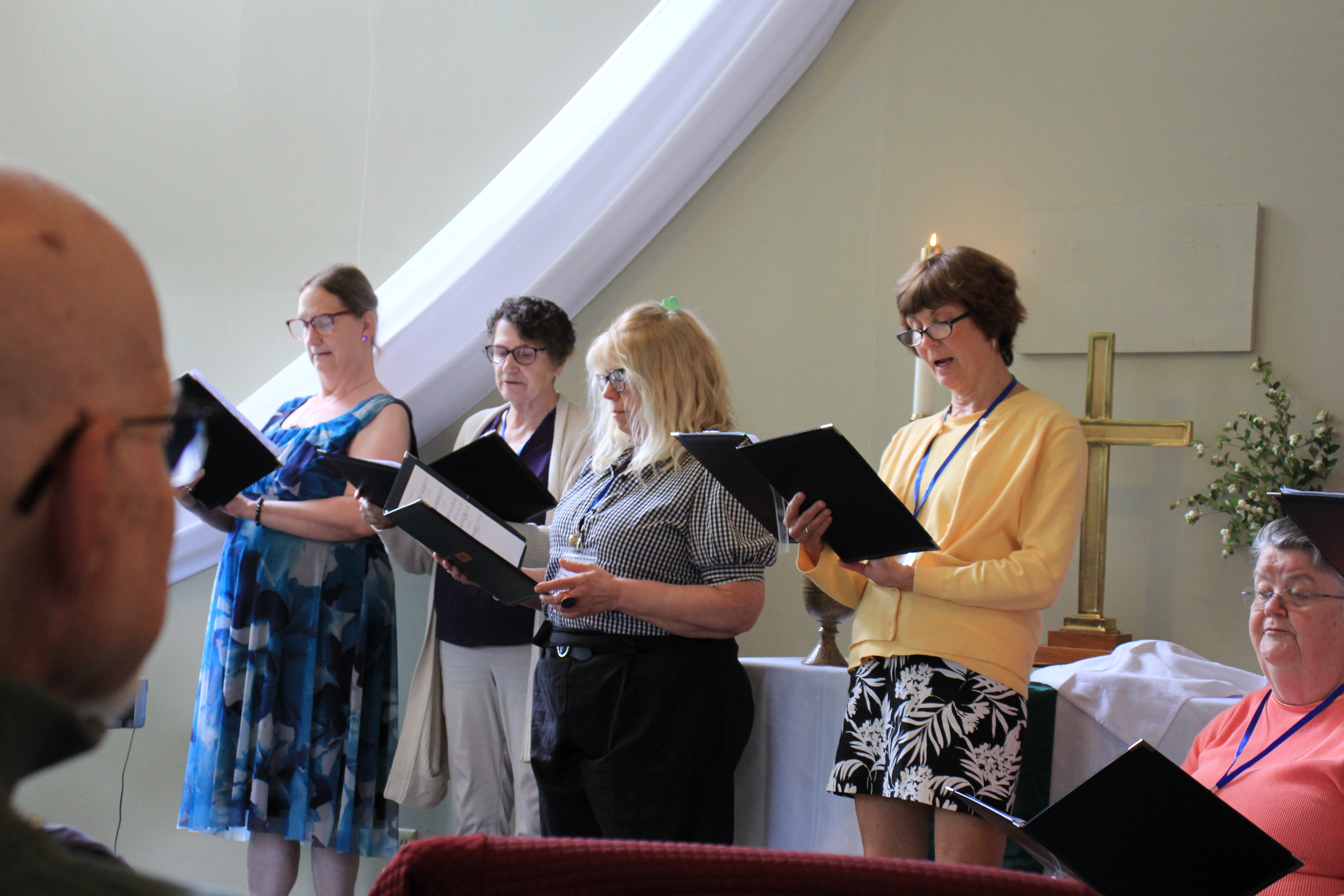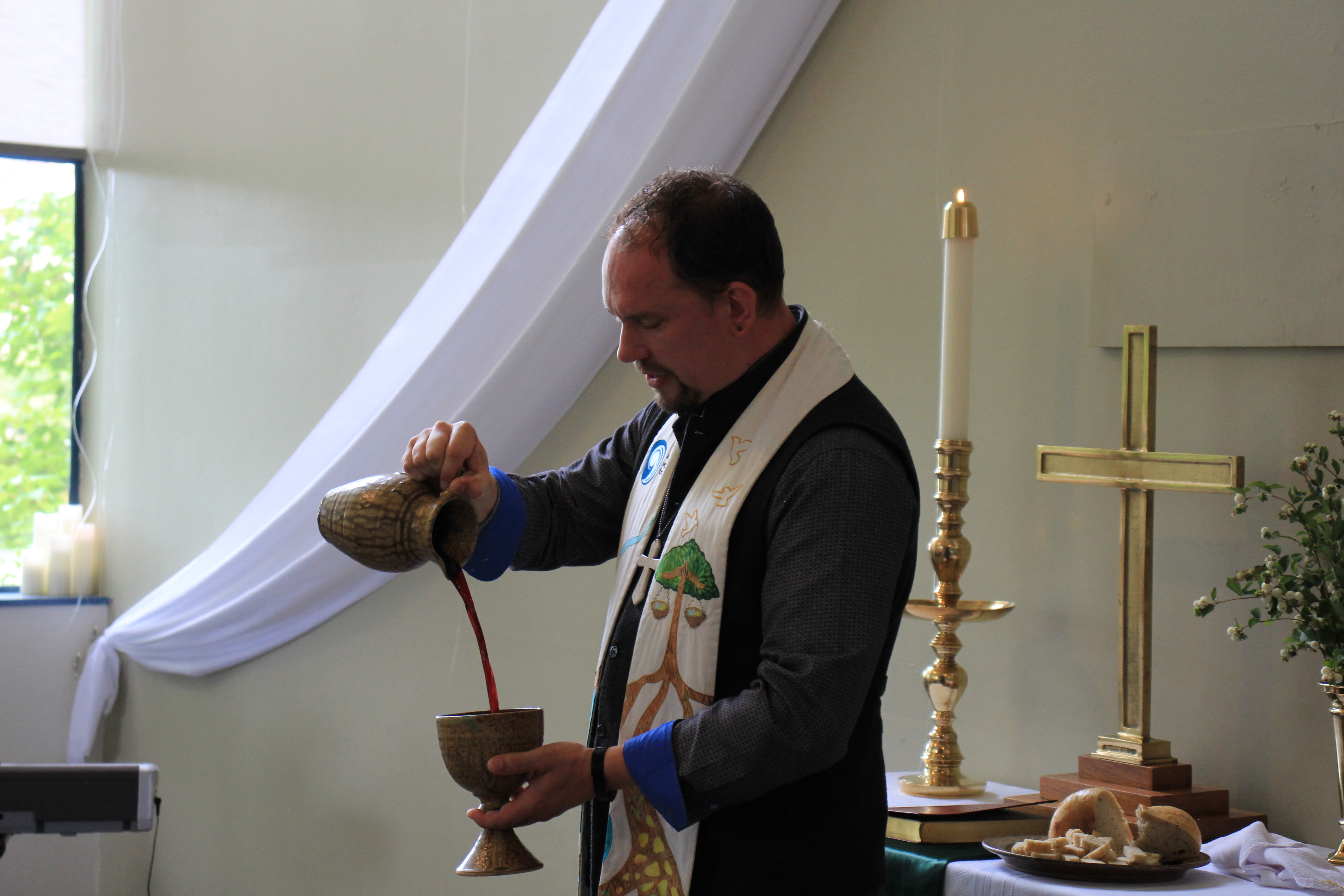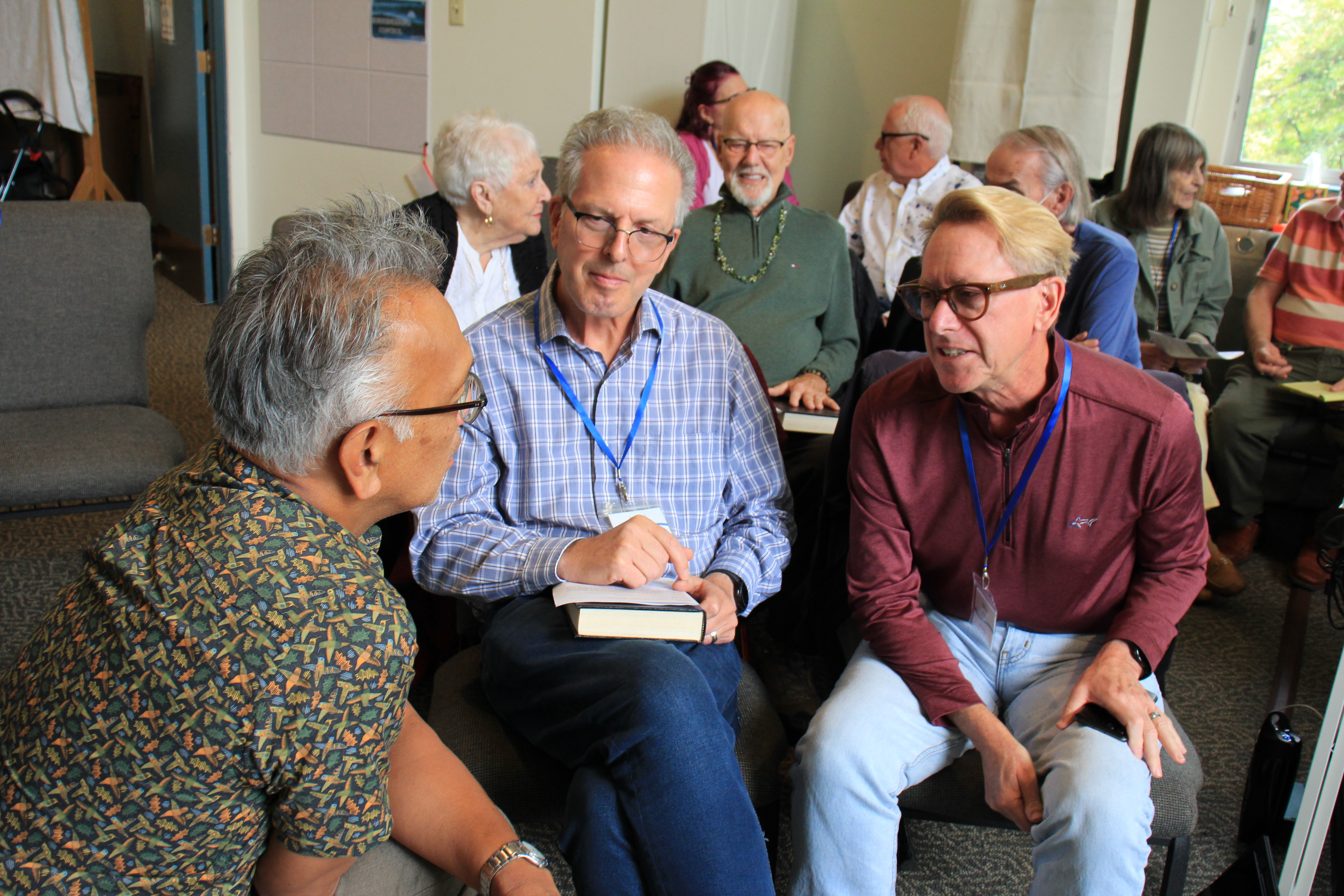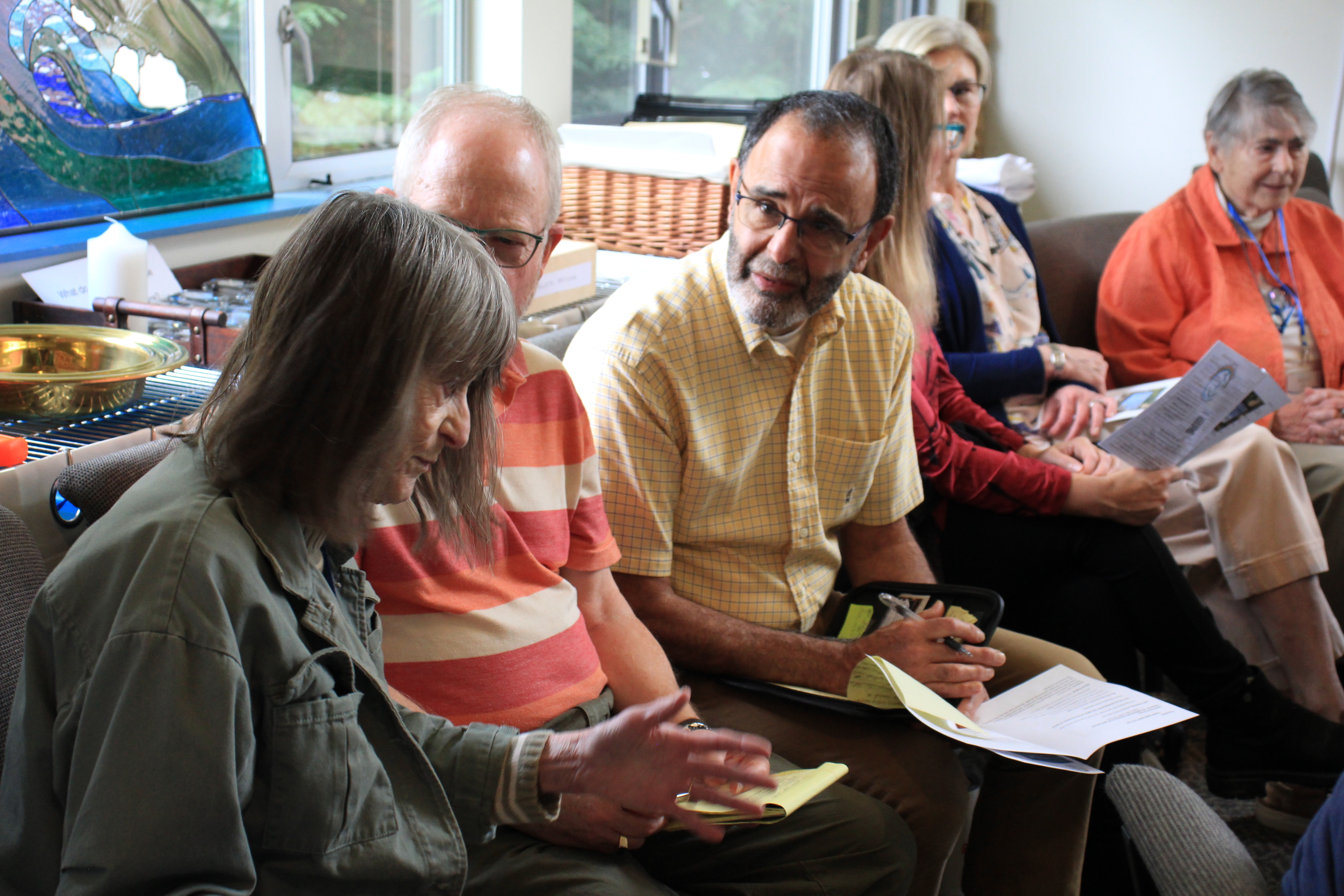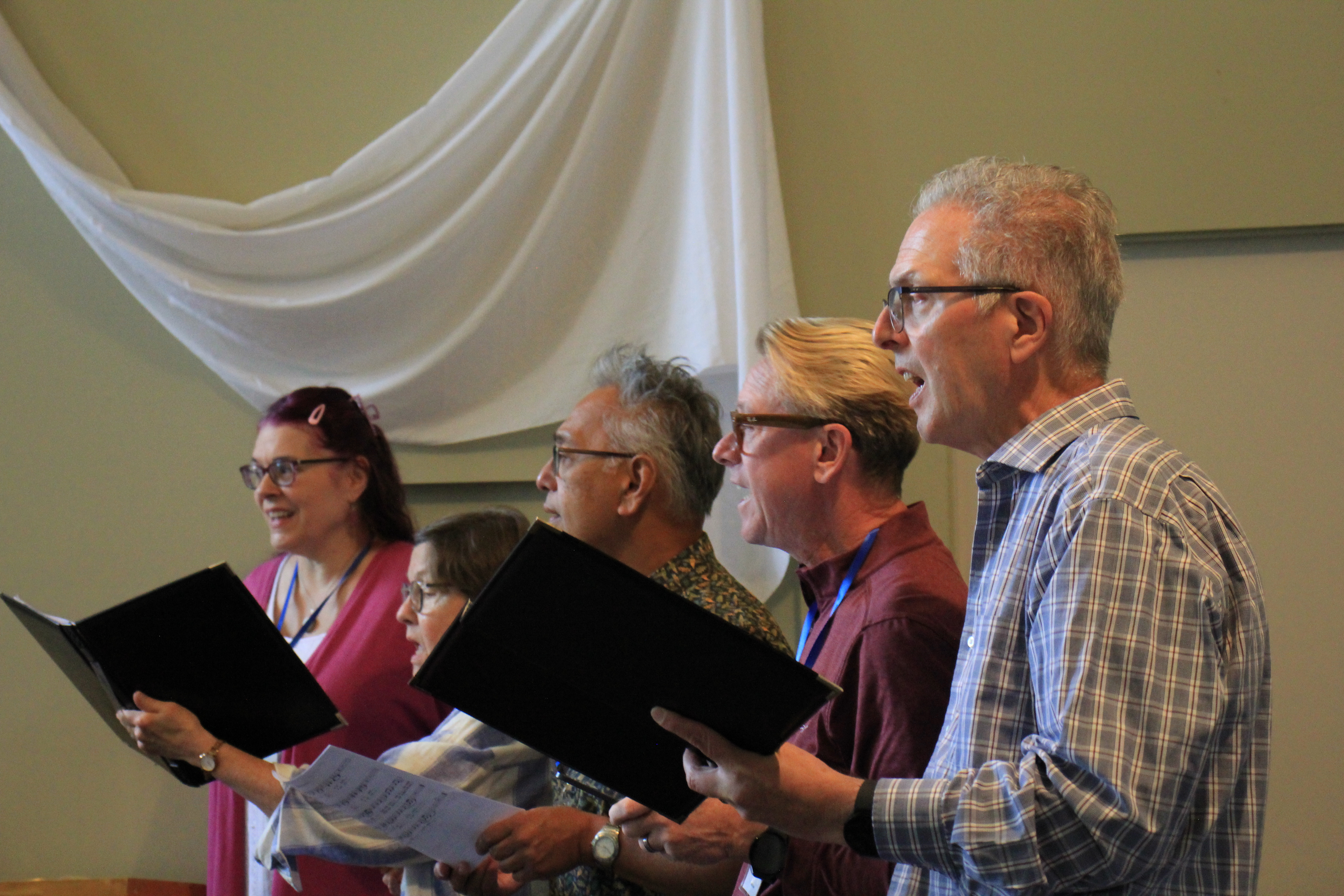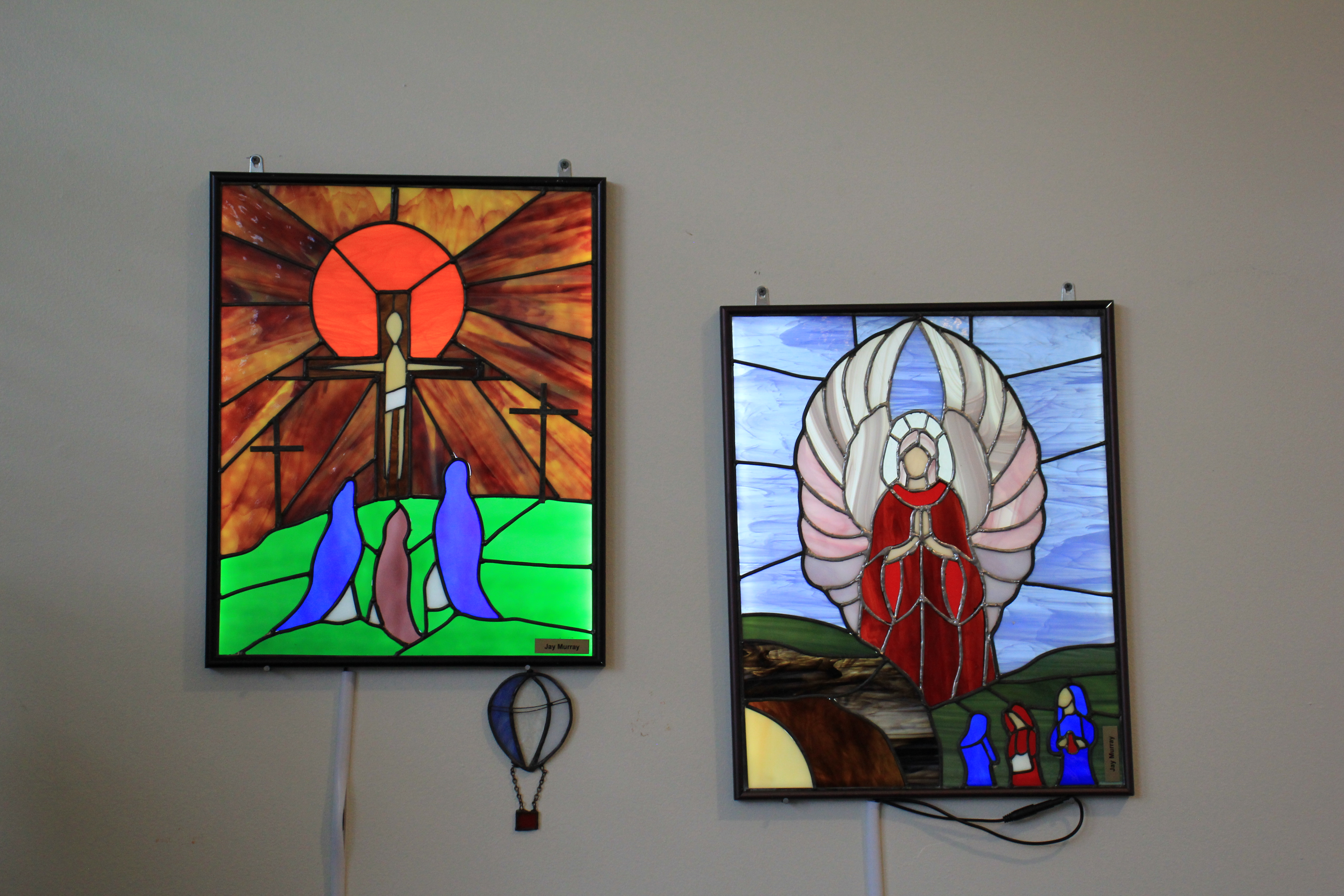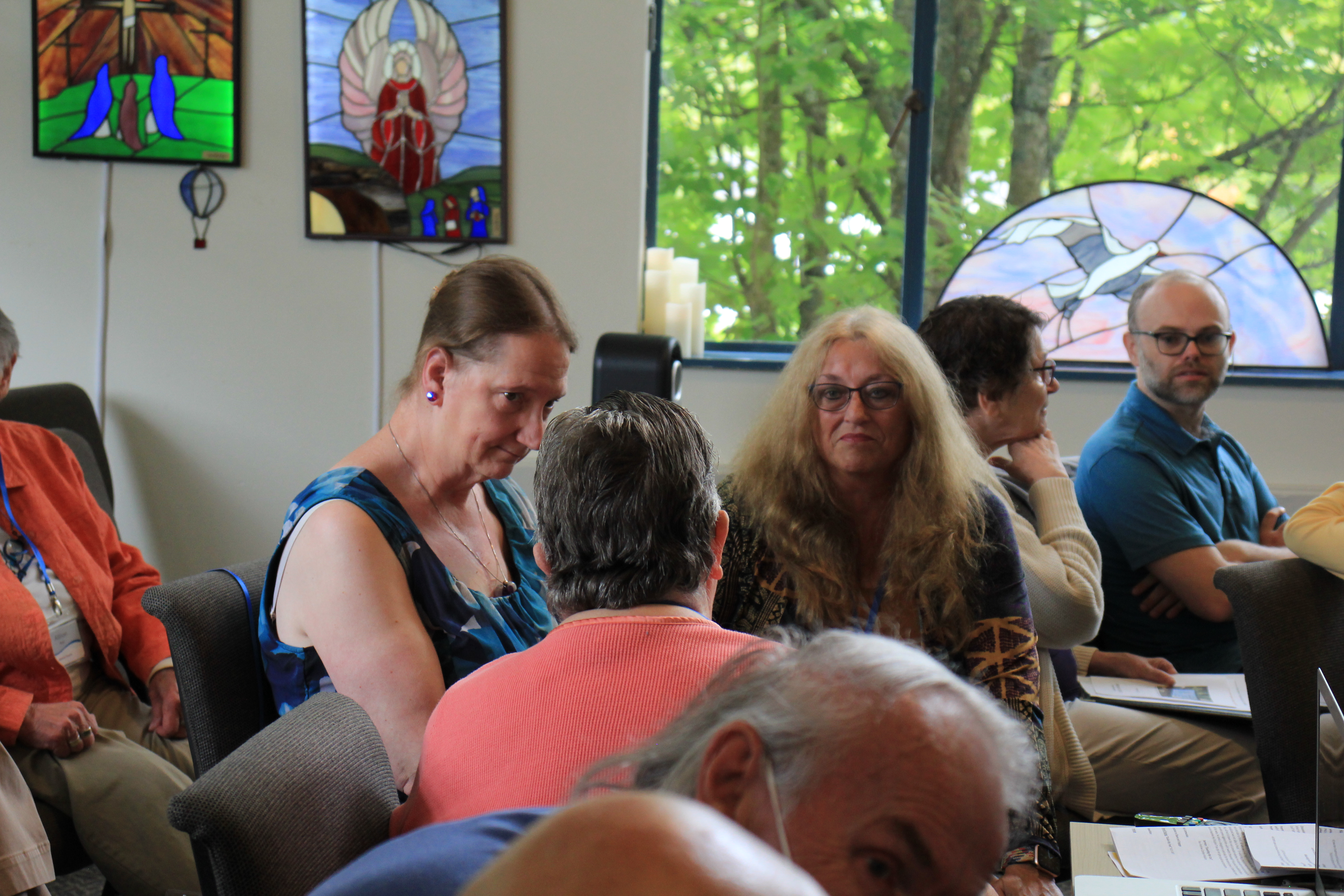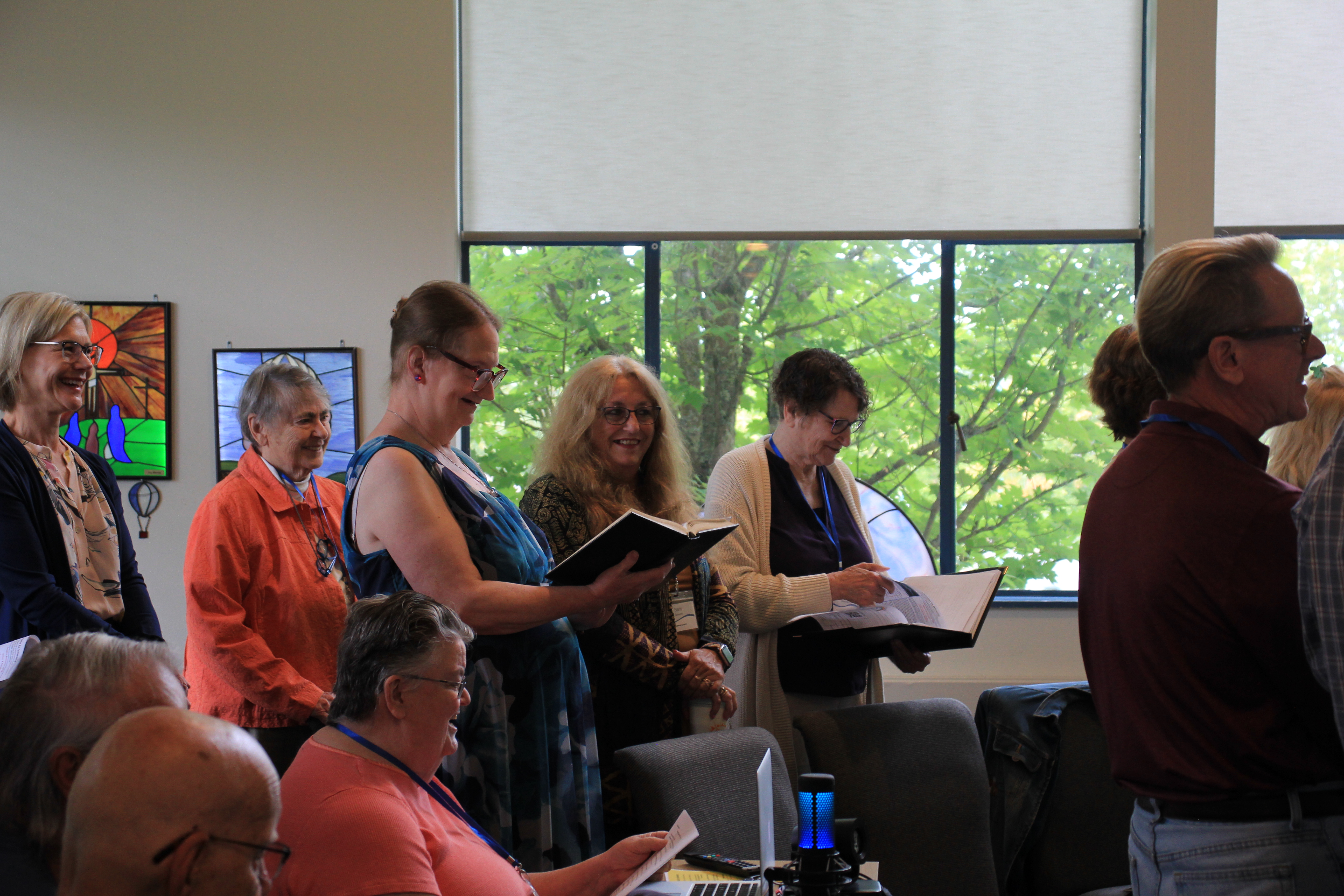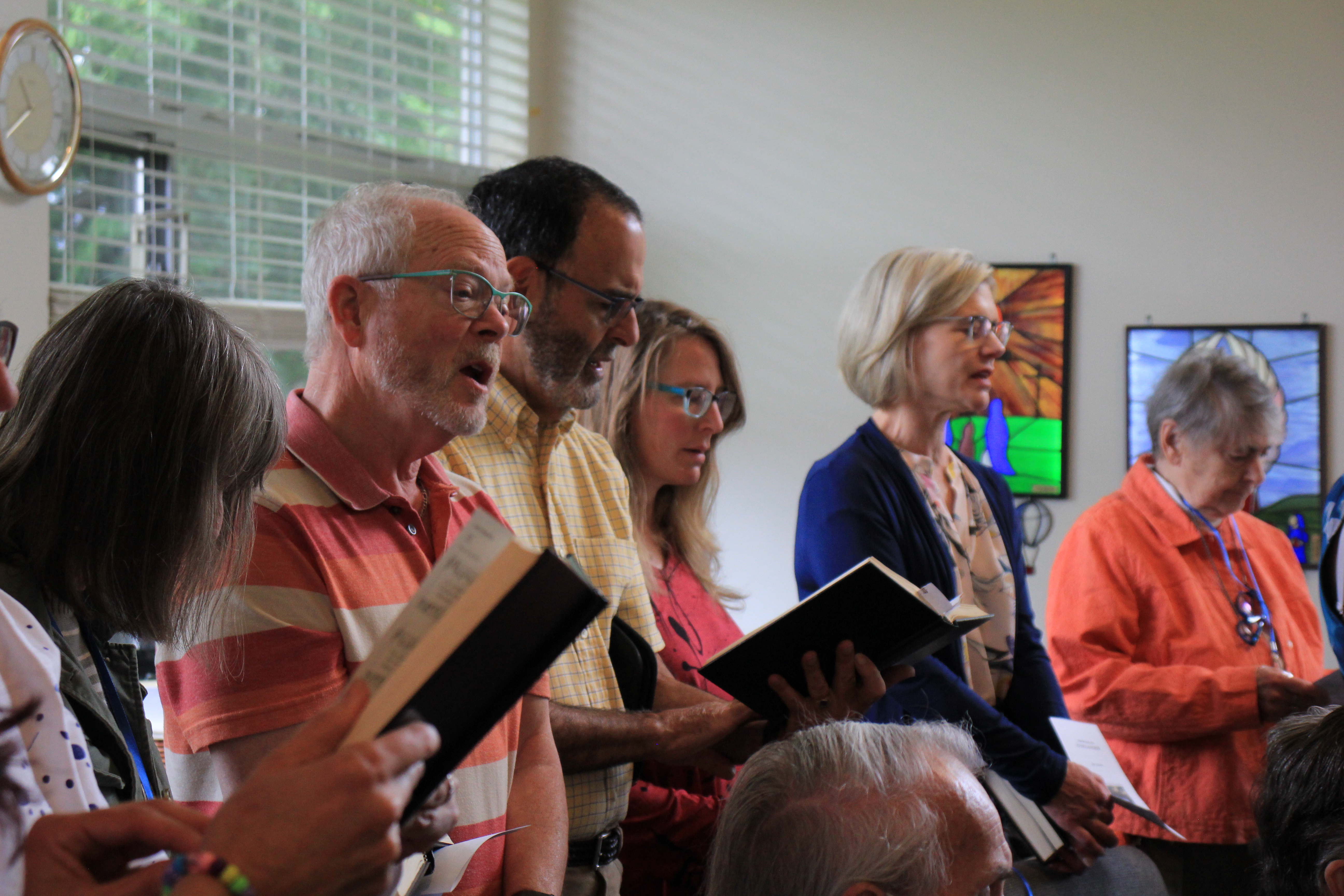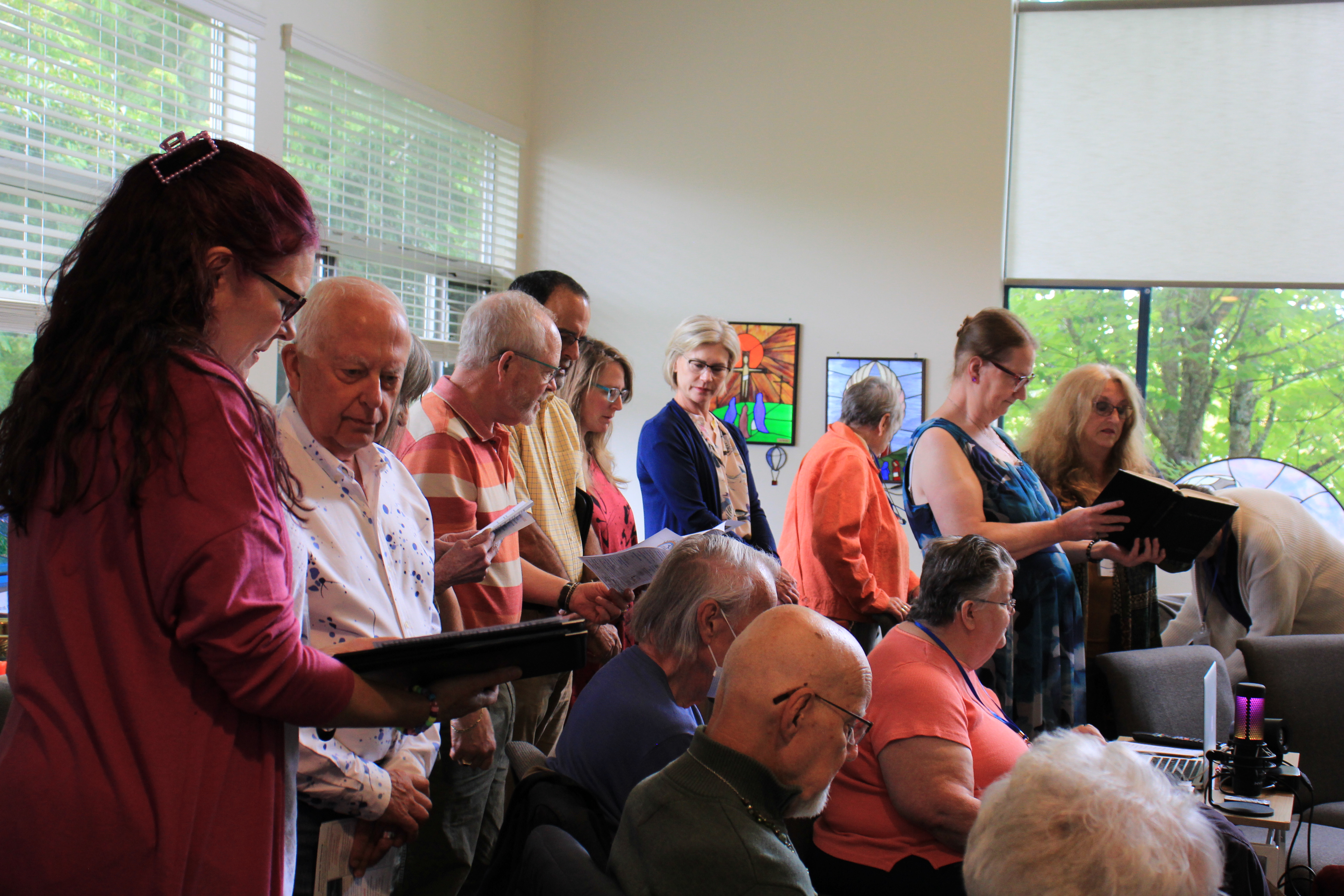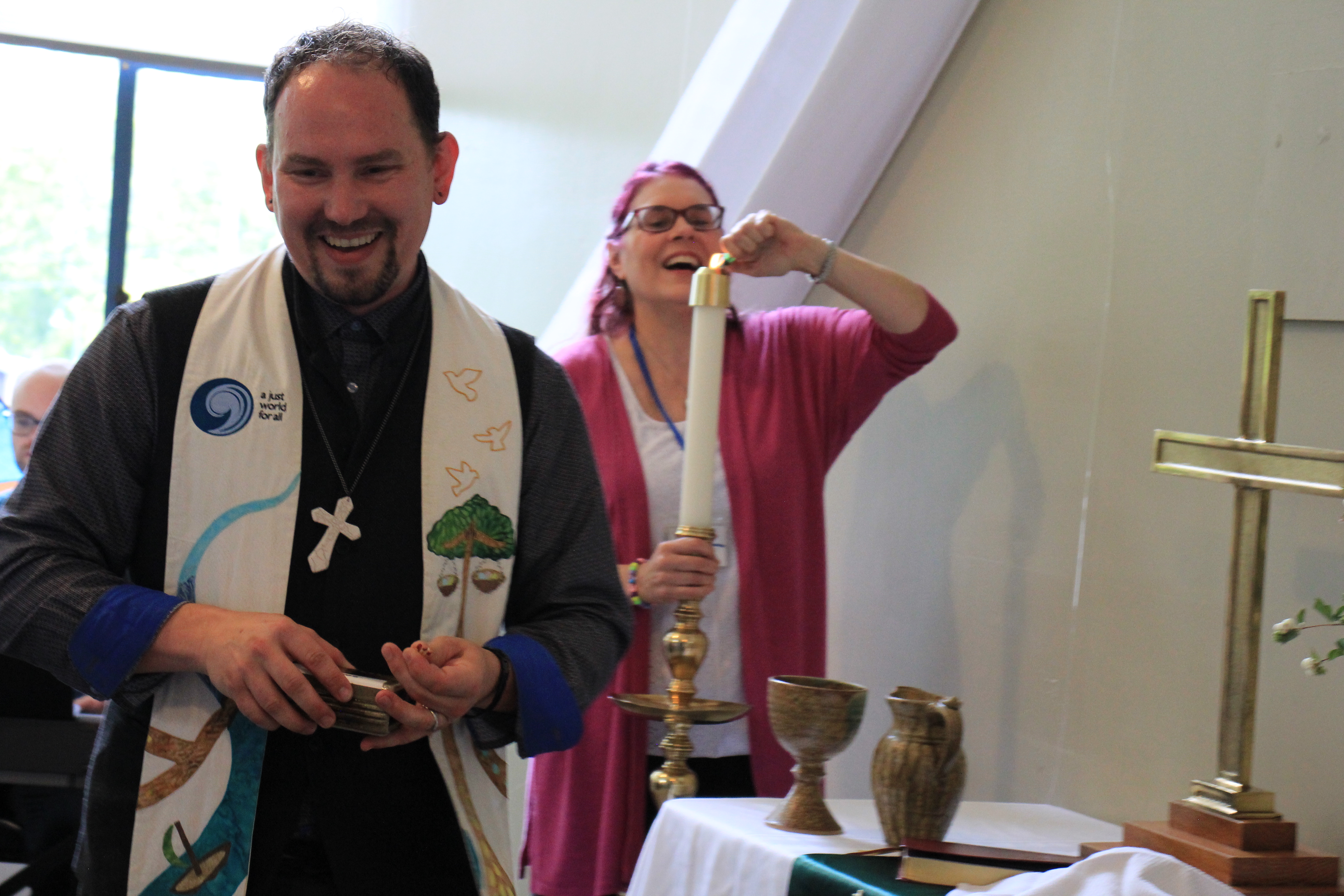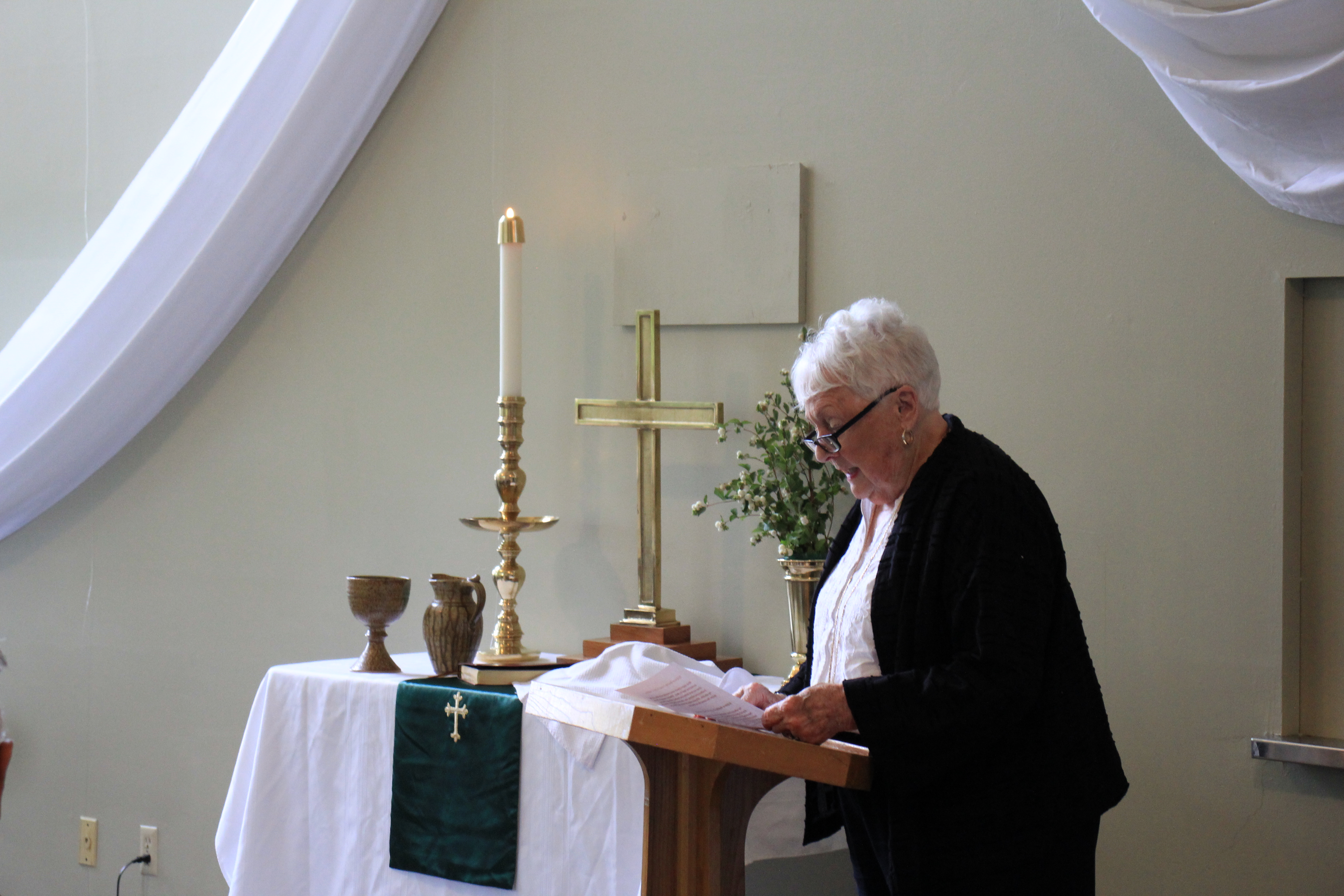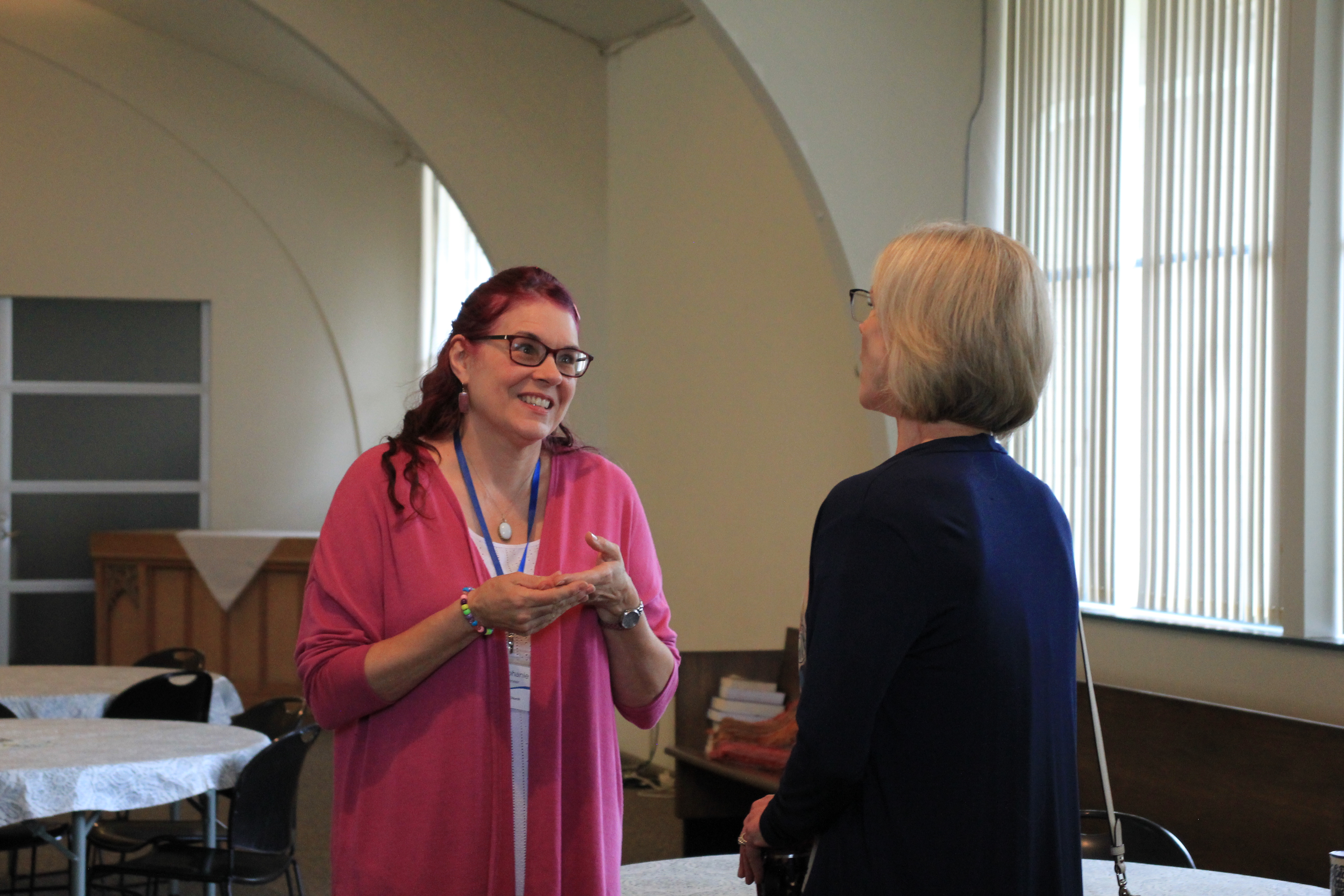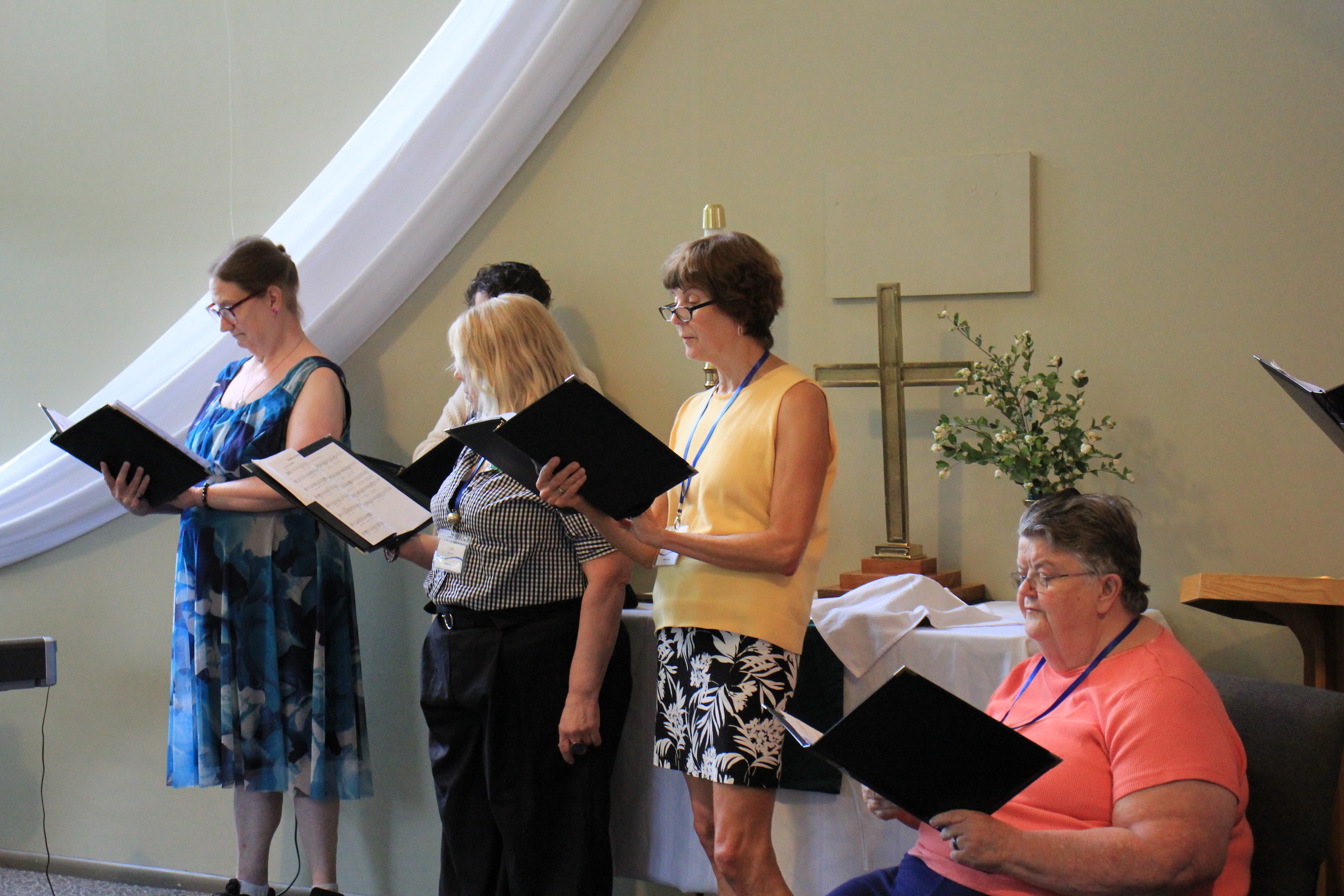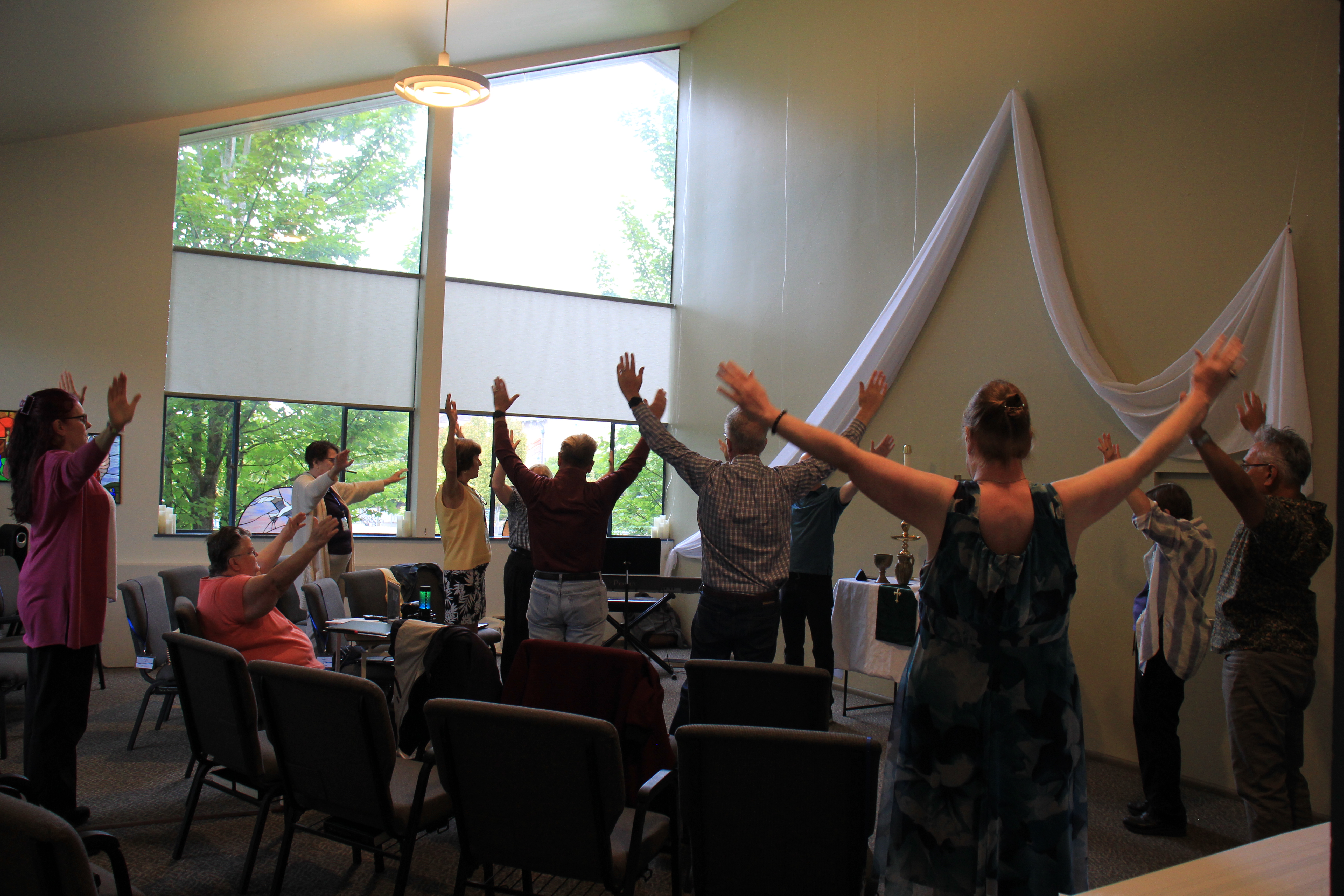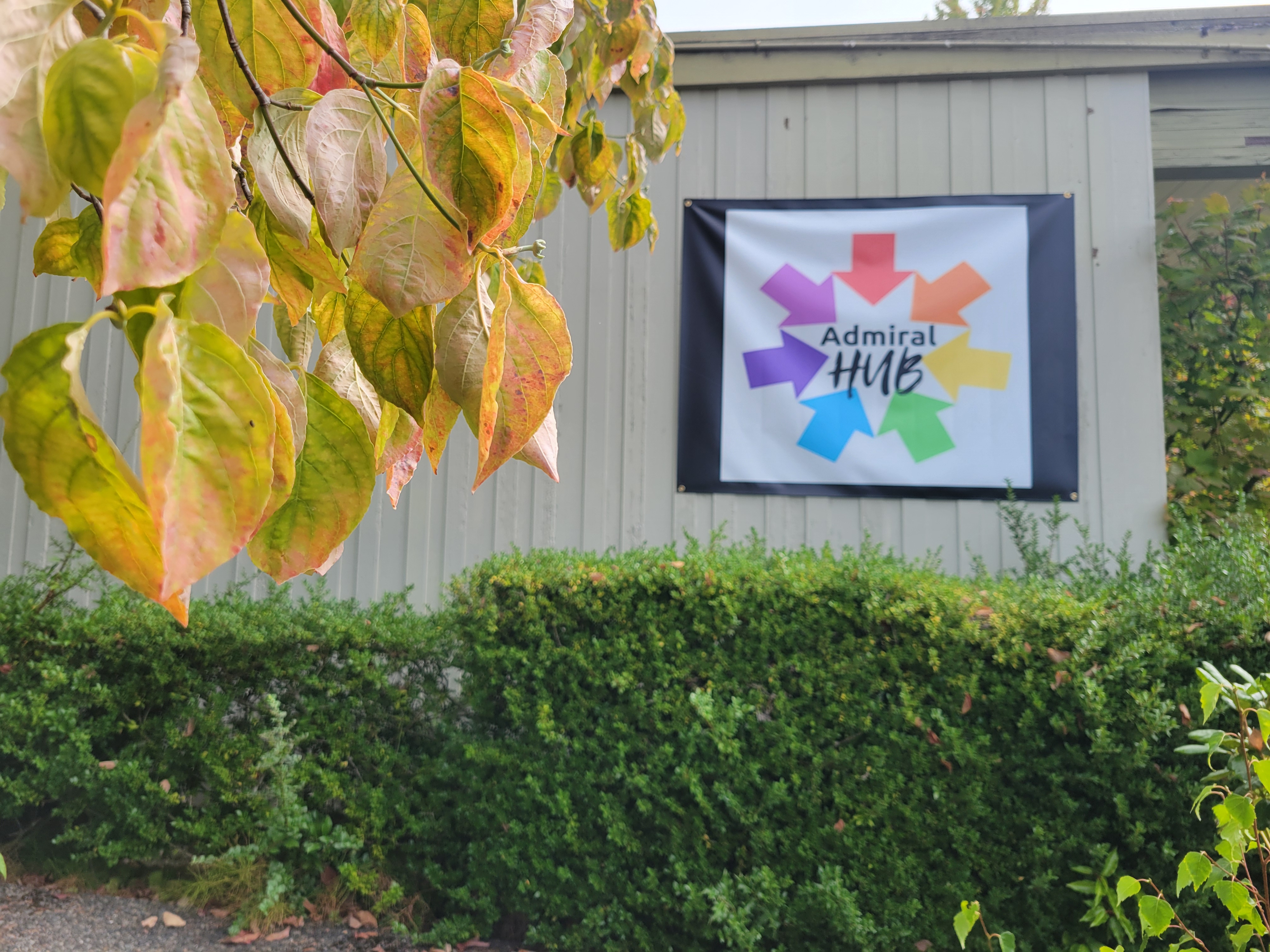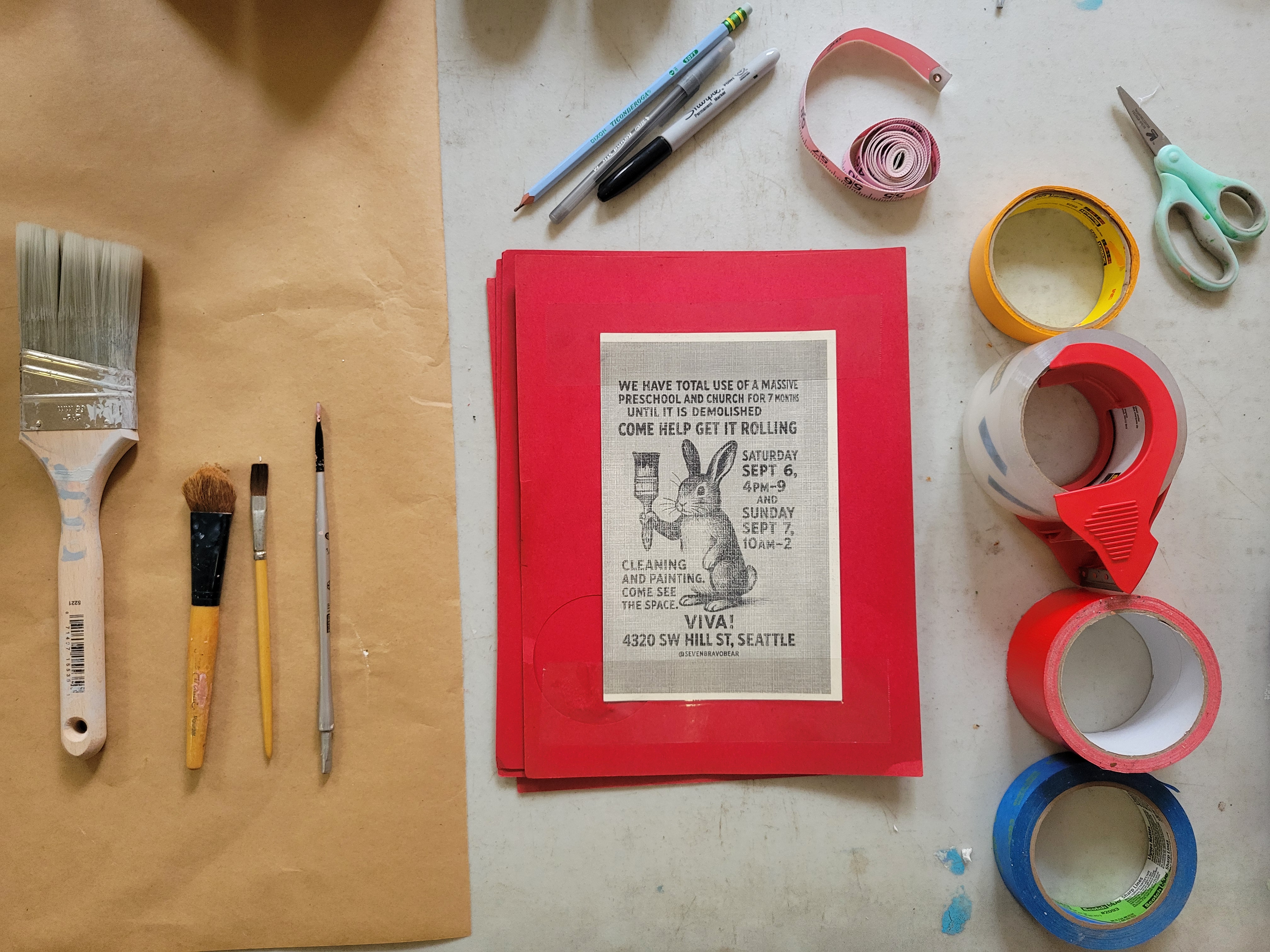Co-Creating with God in the Presence of Suffering
Suffering was what most animated my desire for a life of faith. It also stood as the most significant stumbling block. Suffering and evil are the central challenges to the omnipotence and benevolence of the Divine. The most trite clichés in Christian theology are the ones which endeavor to quickly sweep away these challenges and reassure the faithful. During my Fellowship at Auschwitz for the Study of Professional Ethics, I learned a phrase from theologian Irving Greenberg which has stuck to the roof of my skull: “After the Holocaust, no statement, theological or otherwise, should be made that is not credible in the presence of the burning children.”
Is there such a statement which can be made? Is there anything that can be said in that presence? This is the deep wrestling of faith and trust in a benevolent and ever-present God, and anyone who takes seriously the injustice and woundedness of the world will eventually confront it. Those clichés are often what we use to move away from the terrifying immediacy of other peoples’ pain, to tidy up the world and hurry past discomfort. In so doing, we hurry past transformation rather than moving through it.
In the course of examining the brokenness in the world, the question “why?” always asserts itself, demanding to know the mind of Fate and the purpose of pain. When our clichés fail us and we get no answer from the heavens, we all too easily conclude that God cannot be just. We place the Divine in control of all things, then heap the blame for all suffering on one end of the balance. Now we are stuck either scrambling to fill up the “good things God does” end or accepting our easy answer. What if, however, we refused the temptation to seek control through blame? What if, instead of “why?” we asked, “what now?”
“What now?” affirms what is, acknowledges one ’s powerlessness to change it, and places oneself in direct relationship to it. “What now?” assumes that the suffering of the world, when fully felt, will shift the perspective of the feeler. It does not take responsibility for the suffering; “what now?” is responsive to the suffering. It refuses to look away, and instead decides to be affected and shaped by its presence. In short, “what now?” allows space for the God of justice and mercy to enter into human decision-making, moving us to respond in compassion (to “suffer with”).
During Advent, we will be asking the question, “what will it mean for the light of Christ to be born anew in this fractured and wounded world?” Instead of looking for a sign in the heavens, perhaps the sign we should be looking for most is the stirring of our hearts and the expansion of our concern for humanity. Perhaps we should be seeking the things which give us the strength to look, the courage to encounter, and the power to heal.
In Love,
Pastor Andrew

